Kidney transplantation is a life-changing treatment option for dialysis patients, offering improved quality of life, increased survival rates, and freedom from dialysis. Here’s an overview:
Evaluation and Listing
- Medical evaluation: Comprehensive medical assessment to ensure the patient is a suitable candidate for transplantation.
- Psychological evaluation: Assessment of the patient’s mental health and readiness for transplantation.
- Listing: Placement on the transplant waiting list, which can take several months to several years.
Types of Kidney Transplants
- Living donor transplant: A transplant from a living donor, often a family member or friend.
- Deceased donor transplant: A transplant from a deceased donor.
- Paired exchange transplant: A transplant where a living donor donates to another recipient, and the original recipient receives a kidney from another donor.
Benefits of Kidney Transplantation
Kidney transplantation can significantly help and alleviate dialysis patients in several ways:
Physical Benefits
- Improved kidney function: A transplanted kidney can filter waste and excess fluids more efficiently than dialysis.
- Increased energy: Transplant patients often experience increased energy levels and reduced fatigue.
- Better blood pressure control: A transplanted kidney can help regulate blood pressure, reducing the risk of cardiovascular complications.
- Reduced risk of anaemia: Transplant patients are less likely to develop anaemia, a common complication of dialysis.
Emotional and Psychological Benefits
- Improved mental health: Transplant patients often experience reduced stress, anxiety, and depression.
- Increased independence: No longer requiring dialysis treatments, transplant patients can regain their independence and freedom.
- Enhanced quality of life: Transplant patients often report improved overall quality of life, including better sleep, appetite, and social functioning.
- Reduced risk of cognitive impairment: Transplant patients may experience improved cognitive function and reduced risk of dementia.
Lifestyle Benefits
- Dietary freedom: Transplant patients are no longer restricted by the dietary limitations of dialysis.
- Increased mobility: Transplant patients can travel and engage in activities without the burden of dialysis schedules.
- Return to work or school: Transplant patients can often return to their normal activities, including work or school.
- Improved social relationships: Transplant patients may experience improved relationships with family and friends, as they are no longer limited by dialysis schedules.
Reduced Healthcare Burden
- Reduced hospitalizations: Transplant patients typically experience fewer hospitalizations and complications.
- Decreased medication burden: Transplant patients often require fewer medications, reducing the risk of medication-related complications.
- Lower healthcare costs: Transplantation can reduce healthcare costs in the long term, as patients require fewer dialysis treatments and hospitalizations.
Overall, kidney transplantation can significantly improve the physical, emotional, and psychological well-being of dialysis patients, while also reducing the healthcare burden and improving quality of life.
Risks and Complications
- Surgical risks: Risks associated with the transplant surgery, such as bleeding, infection, and organ rejection.
- Rejection: The body’s immune system may reject the new kidney, requiring immunosuppressive medications.
- Infection: Increased risk of infection due to immunosuppression.
- Medication side effects: Potential side effects from immunosuppressive medications.
Post-Transplant Care
- Immunosuppressive medications: Lifelong medication regimen to prevent rejection.
- Regular follow-up: Regular check-ups with the transplant team to monitor kidney function and address any concerns.
- Lifestyle modifications: Adopting a healthy lifestyle, including a balanced diet, regular exercise, and stress management.
Conclusion
Kidney transplantation is a life-changing treatment option for dialysis patients, offering improved quality of life, increased survival rates, and freedom from dialysis. While there are risks and complications associated with transplantation, careful evaluation, proper post-transplant care, and lifestyle modifications can minimize these risks and ensure a successful outcome.

With access to
24 Hour
Emergency
Assistance
Al-Makki Al-Madni is a community welfare trust dedicated to providing essential services and support to those in need. Committed to improving lives through compassion, empowerment, and sustainable initiatives.
Service Recipient Says

Thankful for Al-Makki Al-Madni's assistance. They truly make a difference in people's lives.
M Bashir NY Citizen





Al-Makki Al-Madni's generosity changed my life. Eternal gratitude for their support.
Haji Fayyaz NY Citizen